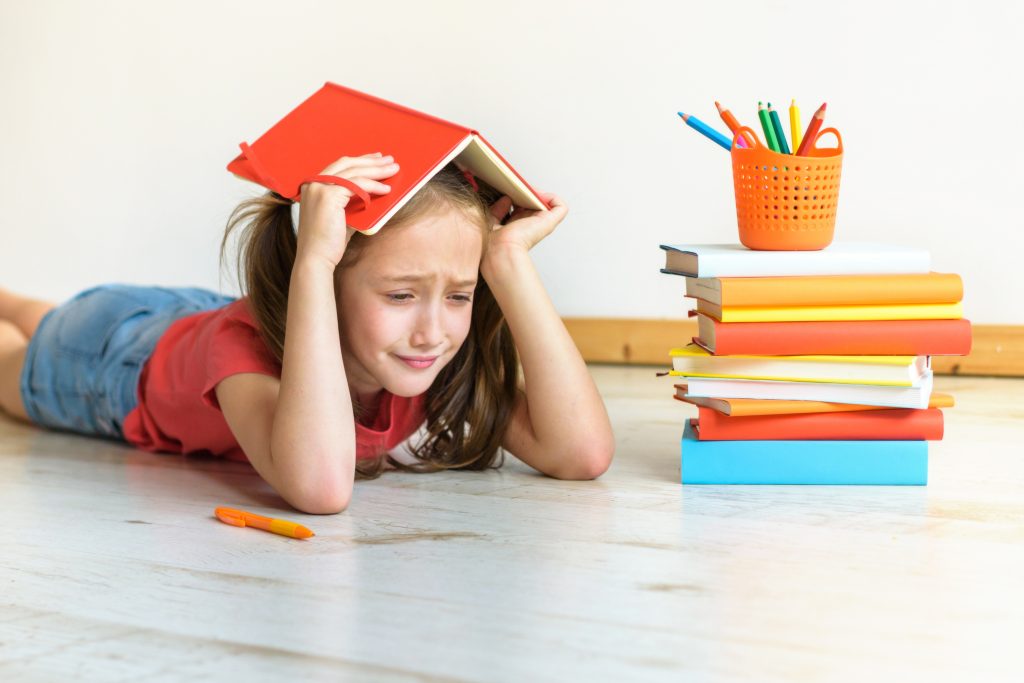
Discover the Dyslexia Symptoms and other skills affected by it. Dyslexia is characterized by problems in reading, spelling and writing.
However, Dyslexia is not just about reading, it is much more than that. It is a Learning Disability that affects the way the brain processes written and spoken language, as well as memory. These children can often be misunderstood as lazy, inattentive or Attention Deficit. On the contrary! Dyslexics are very intelligent, so it may confuse parents when their bright child struggles in reading and and other subjects.
Below is a list of Dyslexia Symptoms. A Dyslexic child will seldom have all of the Dyslexia Symptoms, but will display some of them.
Symptoms and Other Skills Affected by Dyslexia-Checklist
Join our email and as a thank you, get immediate access to our free Skills Checklist
By Joining you agree to our Privacy Policy and Terms of Use. We hate spam too, so we won't share your information. We will send you more cool promotions and free Dyslexia information.
Whether or not they are severe enough to be diagnosed with Dyslexia, it is important to do the interventions that will help them create stronger neurological connections in the areas of the brain that contribute to smooth, fluent reading, comprehension and memory. These exercises are simple enough to be done right at home. And, surprisingly, it does not involve a lot of reading or phonics. There are better interventions than practice, practice, practice. These kids learn different! Also see What is Dyslexia?
Dyslexia Symptoms
- A bright intelligent child that struggles in reading and spelling.
- Choppy, non-fluent reading.
- Forgets newly learned words by the next page.
- Has to relearn the same words over and over.
- Struggles to sound out words, especially isolated words.
- Difficulty learning phonic sounds. Has to relearn them often.
- Often guesses at words when reading.
- Misses punctuation. Reads right through the end of a sentence without stopping.
- Tires of reading sooner than typical children.
- An typical curios child that avoids reading for fun.
- Poor spelling and handwriting.
- Misses or reverses syllables.
- May read or write letters or words backwards after the age of 6.
- Has a problem with reading accuracy: Leaves small words out or adds small words in like at, to, the.
- Sometimes reads a sentence out of order.
- Substitutes a more difficult word with the same meaning for the one in the text they are reading.
- Leaves suffixes off words: Such as the plural ‘s’, ‘ing’ and ‘ang’ etc.
- Misses tiny words like ‘to’ or ‘a’.
- Becomes nauseous or dizzy when reading.
- Gets headaches when reading although they are wearing their glasses or their vision check was good.
- Can play with Legos or video game for hours, but seems to have an attention problem when it is homework time.
- May see movement in the words of letters.
- Has poor comprehension. May get through a sentence but not know what the text meant. This worsens with age in the higher grades as the text becomes more difficult.
Find out more about Dyslexia Testing and the Dyslexia Interventions.

